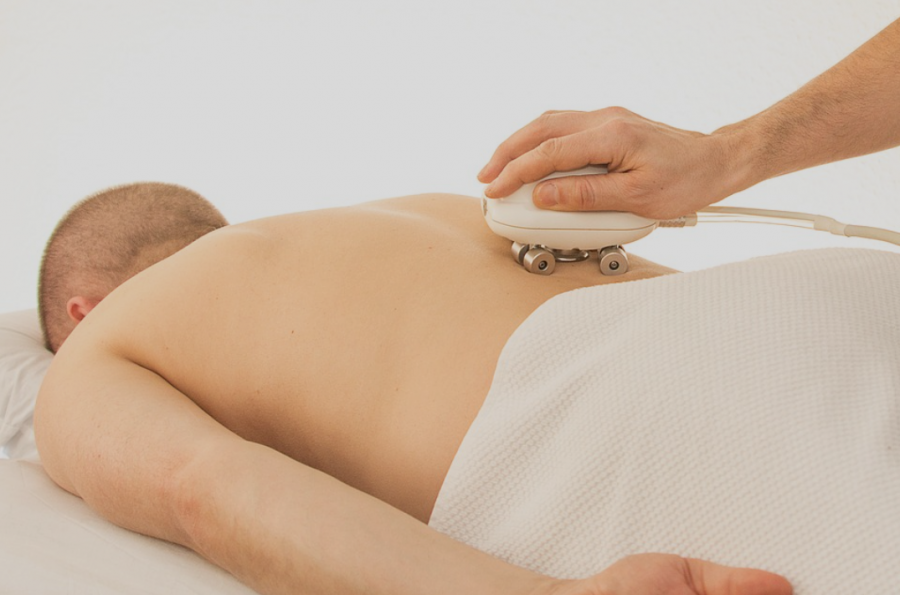A herniated disk is a serious medical issue that should never be ignored, and that type of injury is only going to get worse as time goes on. Luckily, most patients can quickly and safely treat a herniated disk as long as they catch the early warning signs.
What Is a Herniated Disk?
Inside each segment of your spine, there is a soft interior gel and rubbery exterior wall. When the interior gel begins to push through the rubbery wall, it is referred to as a herniated disk. That type of damage can take place anywhere along your spine, and it often occurs when the disks begin to degenerate. It can also be caused by a sudden injury to the spine that damages the rubbery protective wall.
Early Warning Signs
This condition can result in a wide array of side effects and complications that everyone should keep an eye out for. Chronic back pain is one of the most common side effects, and that discomfort can be very mild or debilitating. Debating on which disk is herniated, the damage could also pinch some of the nerves that go through the spine. When that occurs, an individual might notice that one of their limbs is numb or tingling.
Lifestyle Changes
There are a few simple steps that you can take to recover from a mildly herniated disk and prevent future problems with your spine. Remaining at a healthy weight is one of the best things that you can do for your back as well as your overall health. Every extra pound on your frame is only going to put more stress on your spinal column. You must also avoid tobacco products and any foods that could worsen the inflammation. Following an exercise routine can help you avoid future problems as well.
Treatment Options
For a severely herniated disk, you are going to need professional medical assistance. That type of damage can quickly escalate into a serious health complication if it isn’t treated right away. Minimally invasive spine surgery is a great option for those who don’t want to go through a long and uncomfortable recovery. Your doctor might also suggest injections that relax the nearby muscles and prevent soft tissue damage.
Once your spine has begun to heal, you will need to take steps to prevent future problems. In addition to stretching and exercising, you should also ensure that you aren’t overexerting yourself whenever you lift heavy objects.

